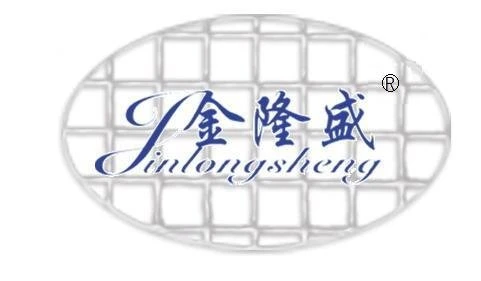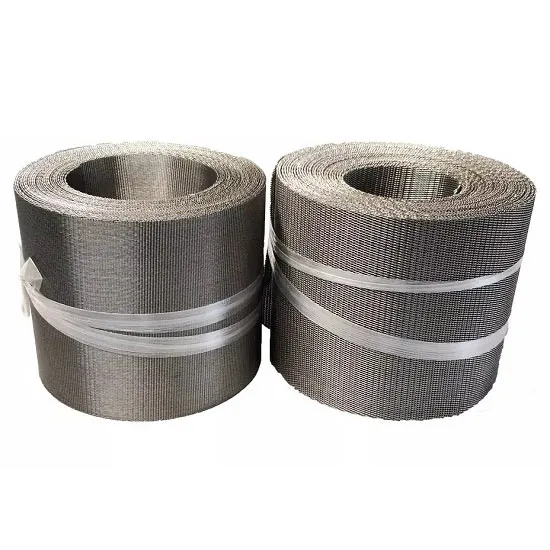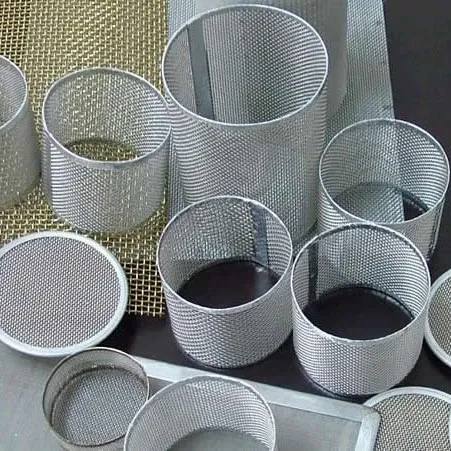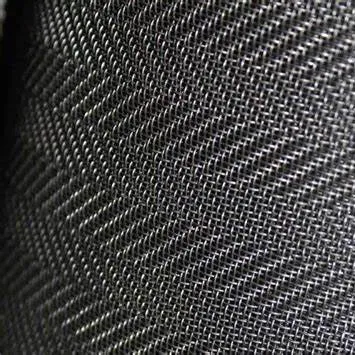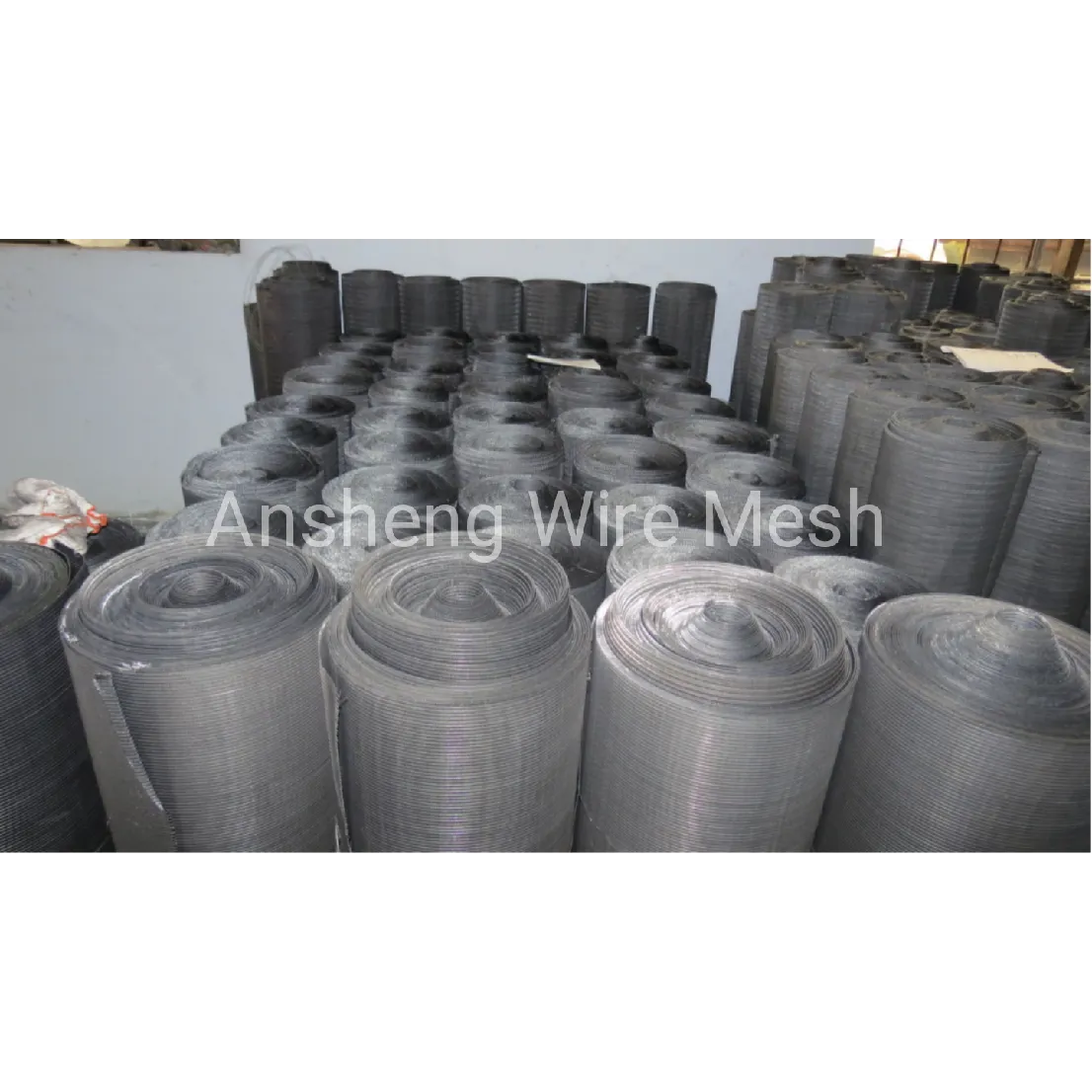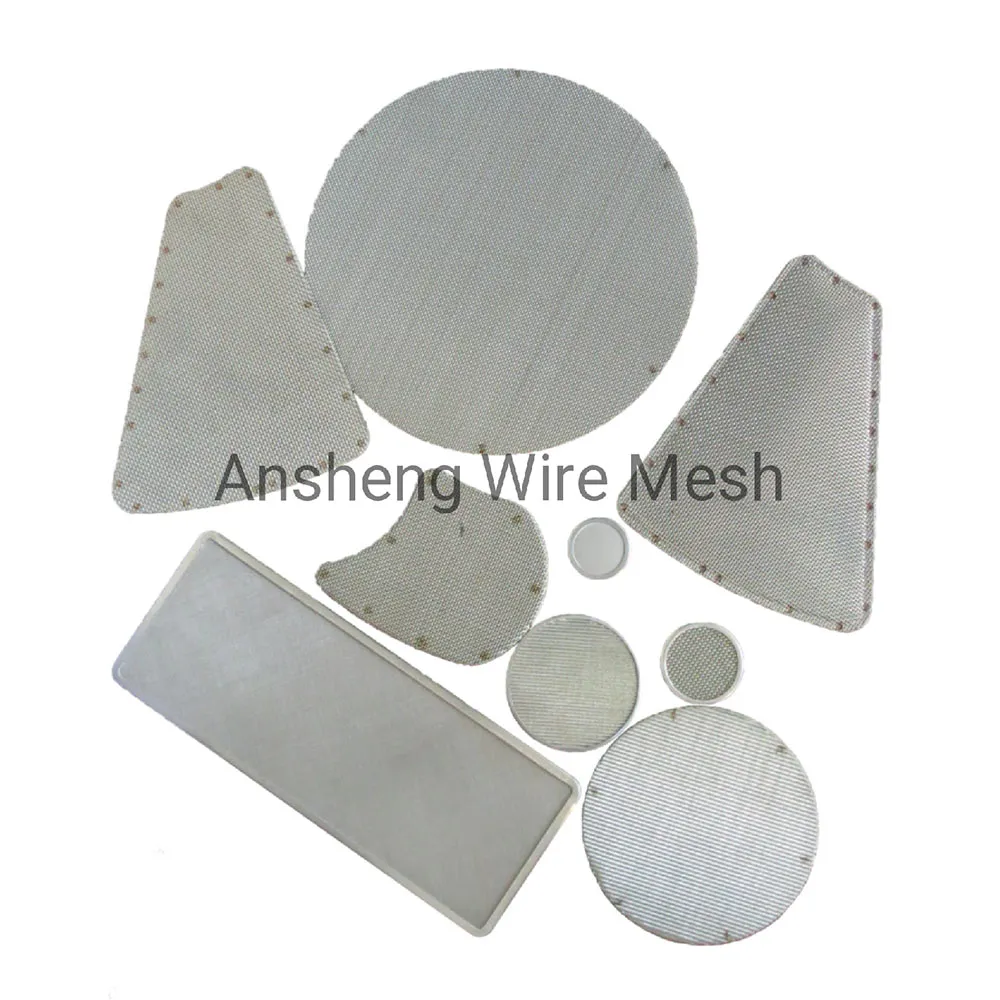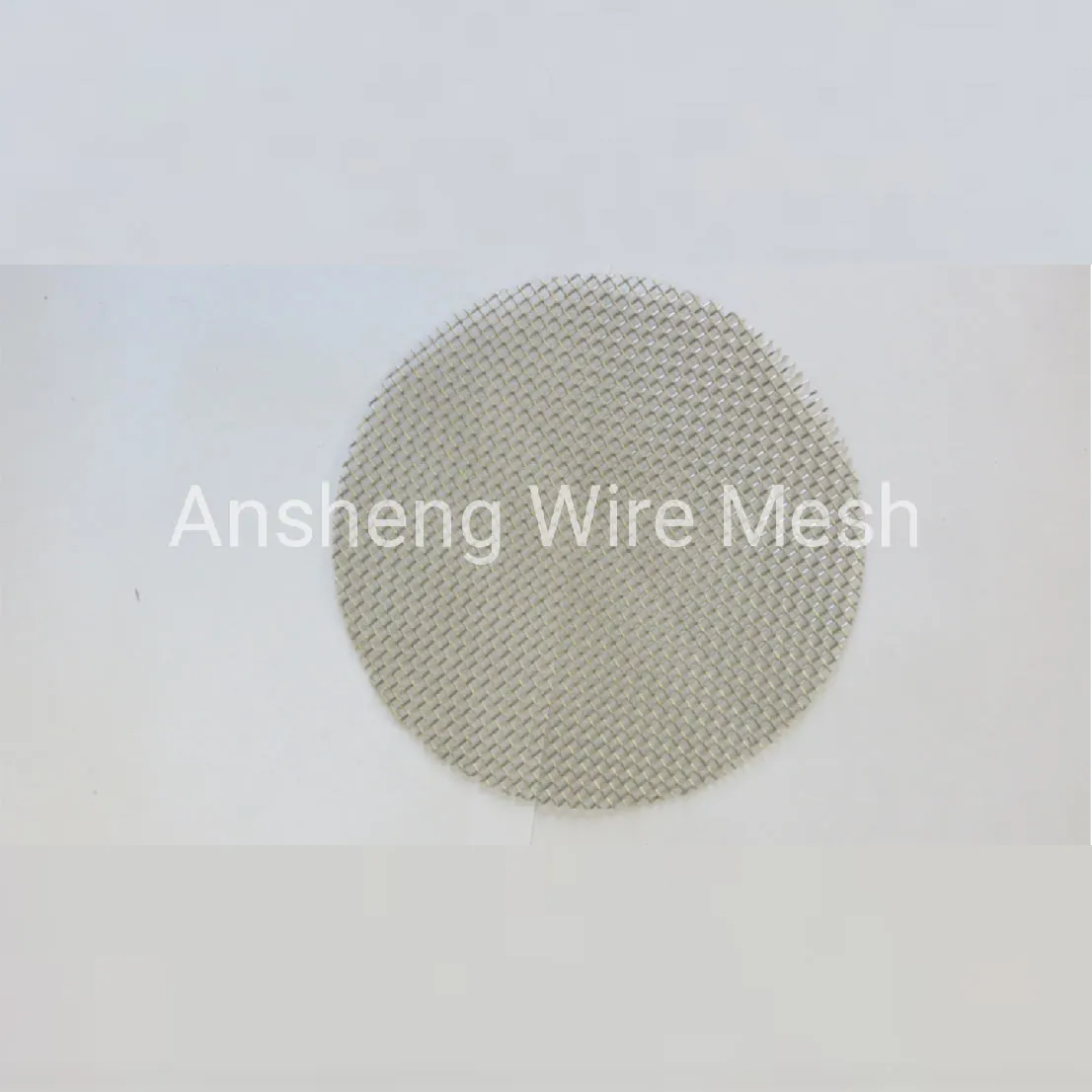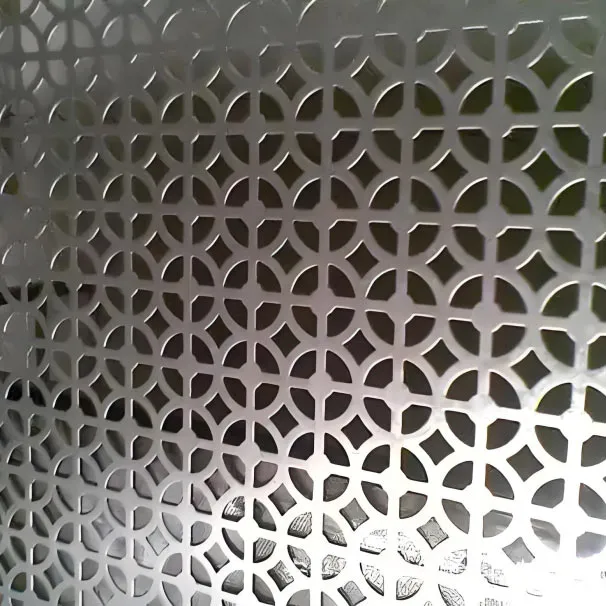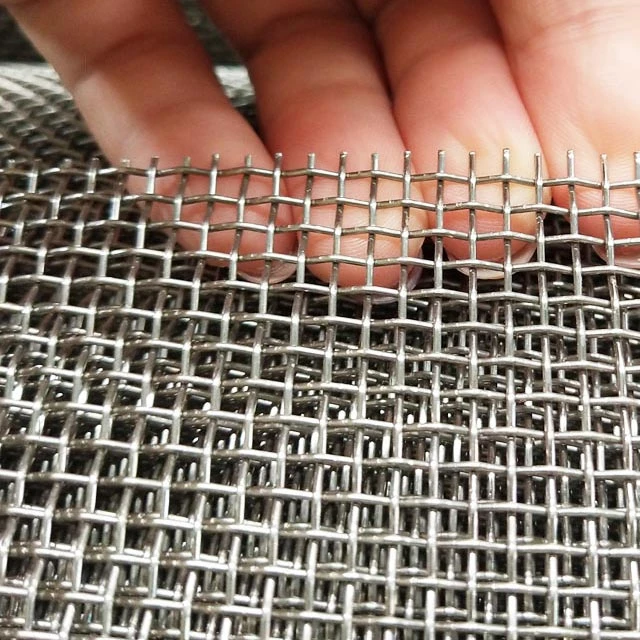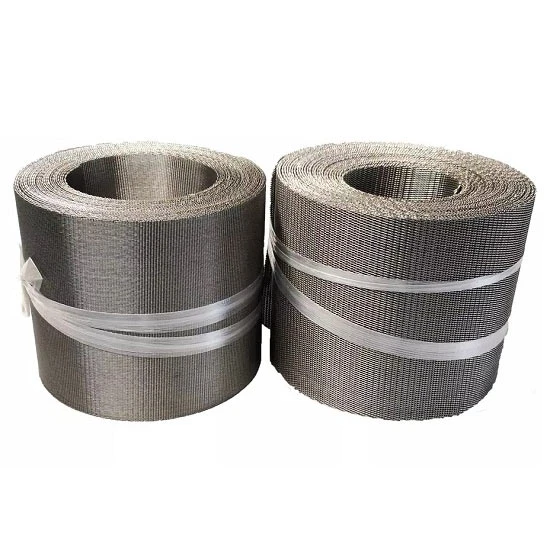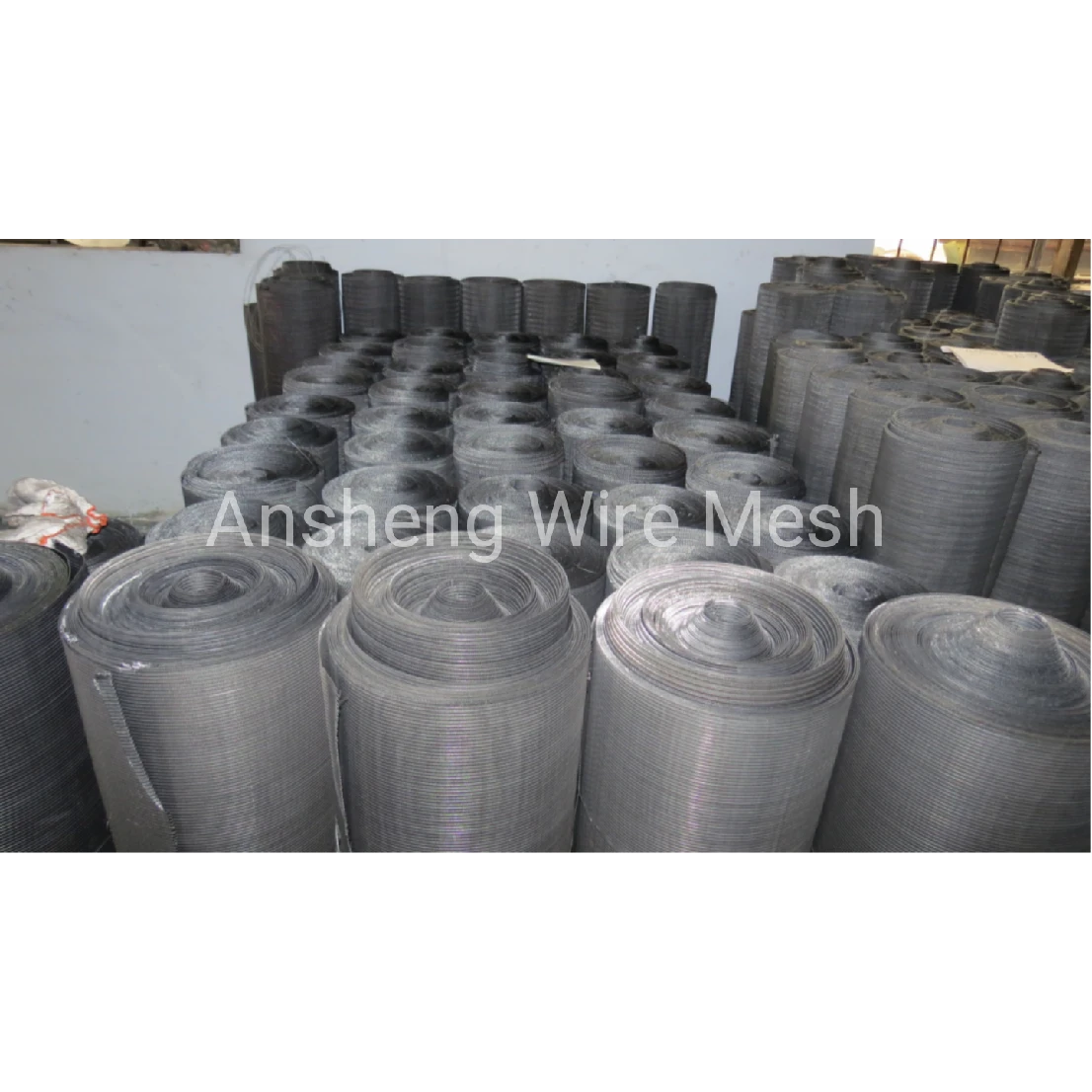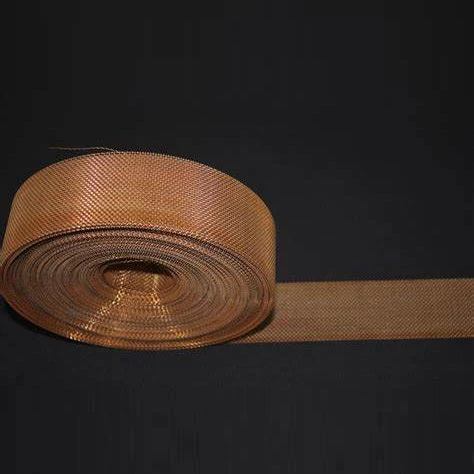Why Stainless Steel Mesh Sheets Matter in Today’s Industry
If you’ve ever marveled at the strength and versatility packed into seemingly simple materials, the stainless steel mesh sheet is a perfect example. Globally, these sheets are quietly pivotal, offering solutions in sectors ranging from construction to environmental protection. What makes them fascinating is not just their robustness but also their adaptability to a vast array of uses, especially in critical industries where reliability isn’t negotiable. Understanding stainless steel mesh sheets isn’t just for engineers or architects—it’s key for anyone interested in sustainable development and advanced manufacturing worldwide.
Global Context: Why Stainless Steel Mesh Sheets Matter Now More Than Ever
The stainless steel mesh market is expanding rapidly. According to ISO manufacturing reports and trade statistics, demand has surged by nearly 15% year-over-year in sectors such as filtration, civil engineering, and energy. Why? Because these sheets address major challenges: corrosion resistance, longevity in harsh environments, and environmental safety compliance. For example, in regions vulnerable to extreme weather, stainless steel mesh sheets prolong structural integrity, decreasing expensive repairs and environmental waste—a crucial factor highlighted by recent UN sustainability goals.
The challenge is clear: industries need materials that can withstand changing climates and industrial demands but also remain eco-friendly and economically viable. Stainless steel mesh sheets have become the go-to answer for many of these intersecting needs.
Mini Takeaway:
Stainless steel mesh sheets combine durability and sustainability, solving urgent industrial challenges worldwide.
What Exactly Is a Stainless Steel Mesh Sheet?
At its simplest, a stainless steel mesh sheet is a flat panel made by weaving or welding fine stainless steel wires into a grid or mesh pattern. This pattern gives the sheet its signature strength while maintaining flexibility and airflow. Beyond technical jargon, it’s basically a material that balances being solid and breathable at the same time—ideal for protective screens, filters, or reinforcements.
In modern industry, these sheets perform a critical role: protecting equipment, safely filtering airborne particles, or reinforcing concrete structures, to name a few. Humanitarian and infrastructural applications also benefit. For example, in rapidly developing urban centers, these meshes contribute significantly to building resilience and public safety.
Mini Takeaway:
Simply put, stainless steel mesh sheets are metal grids that provide strong, breathable, and corrosion-resistant solutions across numerous industries.
Core Attributes That Make Stainless Steel Mesh Sheets So Valuable
Durability
Stainless steel is famous for its resistance to corrosion, staining, and rust. When woven into mesh sheets, this durability extends to dynamic environments like offshore platforms or industrial kitchens.
Flexibility and Scalability
The mesh’s weave pattern allows it to bend and conform to complex shapes while maintaining tensile strength—a quality vital for custom projects requiring precise engineering.
Cost Efficiency
Although stainless steel can be pricier upfront, stainless steel mesh sheets reduce long-term expenses due to longevity and minimal maintenance. The payoff in avoided downtime or replacement costs is significant.
Environmental Compliance
The sheets are recyclable and help industries meet strict environmental guidelines by reducing waste and extending the life of infrastructure.
Versatility
From ventilation grates to security fencing and filtration systems, stainless steel mesh sheets easily adapt to various sizes, wire gauges, and weave patterns depending on use-case specifics.
Easy Integration
Compatibility with standard fabrication processes means these sheets fit well with modern manufacturing workflows, reducing lead times.
Mini Takeaway:
Durable, versatile, and sustainable—the stainless steel mesh sheet excels where strength and flexibility meet practical demands.
Where in the World—and Industry—Are Stainless Steel Mesh Sheets Used?
The use cases for stainless steel mesh sheets span continents and sectors:
- Construction: Reinforcing concrete facades in earthquake-prone zones like Japan or the U.S. West Coast.
- Filtration: Water and air purification systems in industrial regions of Europe and China.
- Oil & Gas: Protective guards on offshore rigs in the North Sea.
- Aerospace: Lightweight yet durable filtering elements and structural grids.
- Humanitarian: Temporary fencing and security in post-disaster relief camps.
For instance, in remote mining operations in Australia, stainless steel mesh sheets improve worker safety by providing corrosion-resistant barriers that can withstand dust storms and humidity. Oddly enough, these meshes also show up in art installations in urban parks, combining aesthetics with function.
Mini Takeaway:
From harsh environmental zones to high-tech aerospace, stainless steel mesh sheets serve critical, diverse roles globally.
Advantages and Long-Term Value of Stainless Steel Mesh Sheets
The value prop here is a blend of reliability and sustainability. These sheets reduce costly downtime due to wear and corrosion-related failures. From a more human viewpoint, projects featuring stainless steel mesh sheets often deliver better safety records and higher user confidence—whether that’s workers on a platform or residents near construction sites.
Environmentally, their recyclability aligns with circular economy principles. Socially, their robustness means infrastructure lasts longer, supporting communities with less frequent rebuilds or disruptions.
| Specification | Details |
|---|---|
| Material Grades | 304, 316, 316L |
| Wire Diameter | 0.1 mm to 3.0 mm |
| Mesh Count (Openings per Inch) | 5 to 200 |
| Sheet Size | Standard 1m x 2m, custom sizes available |
| Surface Finish | Polished, Matte, Electro-polished |
| Maximum Tensile Strength | Up to 860 MPa |
Looking Ahead: Innovations Shaping the Future of Stainless Steel Mesh Sheets
With the rise of green manufacturing, stainless steel mesh producers are exploring lower-carbon production methods and recycling systems that reclaim all scrap, turning waste into fresh product. Digital fabrication techniques enable ultra-precise mesh geometries optimized for specific functions—a boon for filtration or electromagnetic shielding.
Automation in quality control now speeds up testing for corrosion resistance and tensile strength, assuring clients of consistent performance. Interestingly, AI is even being used to predict optimal mesh designs based on environmental data, reducing trial-and-error cycles.
Mini Takeaway:
The future of stainless steel mesh sheets looks greener, smarter, and increasingly customized for complex industrial needs.
Challenges and How the Industry Tackles Them
No material is without flaws. Stainless steel mesh sheets can be cost-prohibitive for some large-scale projects. Also, welding or installation errors can impact their performance. Weather extremes may cause deformation if improperly designed.
Industry experts recommend detailed upfront assessment and quality assurance protocols. Hybrid materials combining stainless steel mesh with polymers sometimes alleviate cost issues. Training programs improve onsite handling and installation, while new coatings and alloys offer enhanced weather resistance.
Vendor Landscape: Comparing Leading Stainless Steel Mesh Sheet Suppliers
| Vendor | Material Grades | Customization | Lead Time | Geographic Reach |
|---|---|---|---|---|
| Ansheng Filters | 304, 316, 316L | High, custom wire diameter & mesh counts | 4-6 weeks | Asia, Europe, Americas |
| Global Mesh Inc. | 304, 316 | Moderate, standard sizes mostly | 6-8 weeks | Global |
| Steel Wire Mesh Ltd. | 316L only | Low, bulk orders only | 3-5 weeks | Europe focused |
Frequently Asked Questions About Stainless Steel Mesh Sheets
What factors should I consider when choosing a stainless steel mesh sheet for filtration?
Look at mesh count, wire thickness, and material grade. A higher mesh count means finer filtration but lower airflow. Material grade 316 or 316L is preferred for corrosive environments. Consider the operating temperature and chemical exposure to ensure longevity.
Are stainless steel mesh sheets a sustainable choice?
Yes. Stainless steel is fully recyclable, and many manufacturers use scrap in production. Their durability reduces replacement frequency, lowering environmental impact over a product’s lifecycle.
Can stainless steel mesh sheets be customized to fit specialized designs?
Most definitely. Vendors like Ansheng Filters offer custom wire diameters, mesh counts, sheet sizes, and finishes tailored to client needs.
How long do stainless steel mesh sheets typically last outdoors?
Depending on the grade, climate, and maintenance, they can last 20+ years outdoors without significant corrosion.
Is installation complicated for stainless steel mesh sheets?
Installation depends on the application. For simple overlays or fencing, it’s straightforward; more complex uses (like embedded filters) require professional expertise for best results.
Conclusion: The Lasting Impact of Stainless Steel Mesh Sheets
Overall, stainless steel mesh sheets stand as a testament to material ingenuity—balancing durability, adaptability, and sustainability in a world that demands all three more than ever. Whether you’re planning a new project, upgrading equipment, or exploring eco-friendly infrastructure options, these sheets deserve a front-row seat. For anyone eager to explore premium options or custom solutions, I suggest visiting Ansheng Filters. It’s a great way to dive deeper into the technical and practical benefits firsthand.
References
- ISO 9044 - Stainless steel wire cloth
- United Nations Sustainable Development Goals
- Wikipedia: Stainless Steel
Post time: Nov . 15, 2025 23:30
